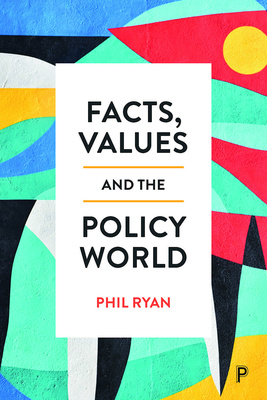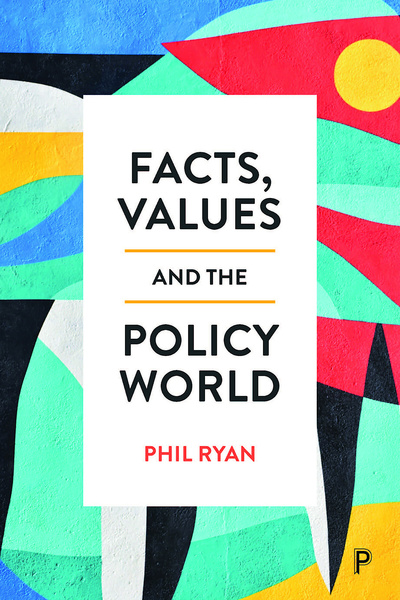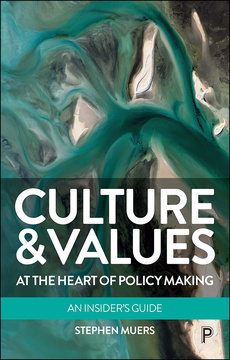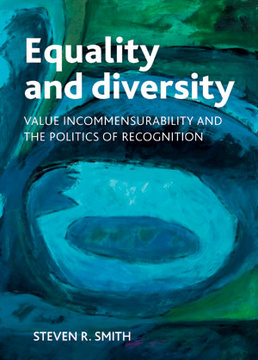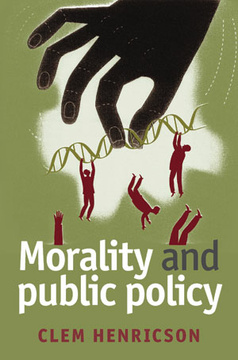Facts, Values and the Policy World
By Phil Ryan
Published
Sep 12, 2023Page count
176 pagesISBN
978-1447364559Dimensions
234 x 156 mmImprint
Policy PressPublished
Mar 22, 2022Page count
176 pagesISBN
978-1447364542Dimensions
234 x 156 mmImprint
Policy PressPublished
Mar 22, 2022Page count
176 pagesISBN
978-1447364566Dimensions
234 x 156 mmImprint
Policy PressPublished
Mar 22, 2022Page count
176 pagesISBN
978-1447364566Dimensions
234 x 156 mmImprint
Policy PressOn our blog: Is climate justice a matter of taste?: Phil Ryan
Many policy analysts – and citizens interested in public issues – believe that rigorous thought should be uncontaminated by values, which are merely subjective. Policy analysis, however, is about what is worth doing and therefore inherently values based.
This accessible book reveals the damage that this contradiction inflicts on policy analysis and society. It also demonstrates the real-world failings of various influential alternatives to the ‘value-free’ ideal. By showing that values are amenable to critical analysis, this book provides a solid foundation for a comprehensive approach that reimagines the scope and role of policy analysis in contemporary society.
“Phil Ryan makes a strong case for rejecting the common view that values are beyond reason and that policy analysts should abstain from making judgements of value in their work.” Andrew Sayer, Lancaster University
“An important, persuasive and much-needed challenge to a long-standing and deeply entrenched orthodoxy in policy analysis. I enthusiastically recommend it to all who teach in this field.” Maurice L. Wade, Trinity College
”This riveting read offers a ‘dialogical way’ through the tangles of the fact/value dichotomy that often leaves policy makers and analysts powerless in the face of disagreement.” Susan T. Gardner, Capilano University
Phil Ryan is Associate Professor in the School of Public Policy and Administration at Carleton University. He is the author of 'After the New Atheist Debate' (2014) and 'Multicultiphobia' (2010).
Introduction
PART I The binary view: effects and durability
1. Some effects of the binary view
2. The quest for exogenous values
3. The durable fl otsam of the binary view
4. Convenient belief
PART II Non- binary analysis
5. Forms of care
6. Networks of belief
7. Networks of beliefs and practices
8. Decision contexts
9. The analyst in context
PART III Caveats
10. Experts and expertise
11. The limits of dialogue
Conclusion







